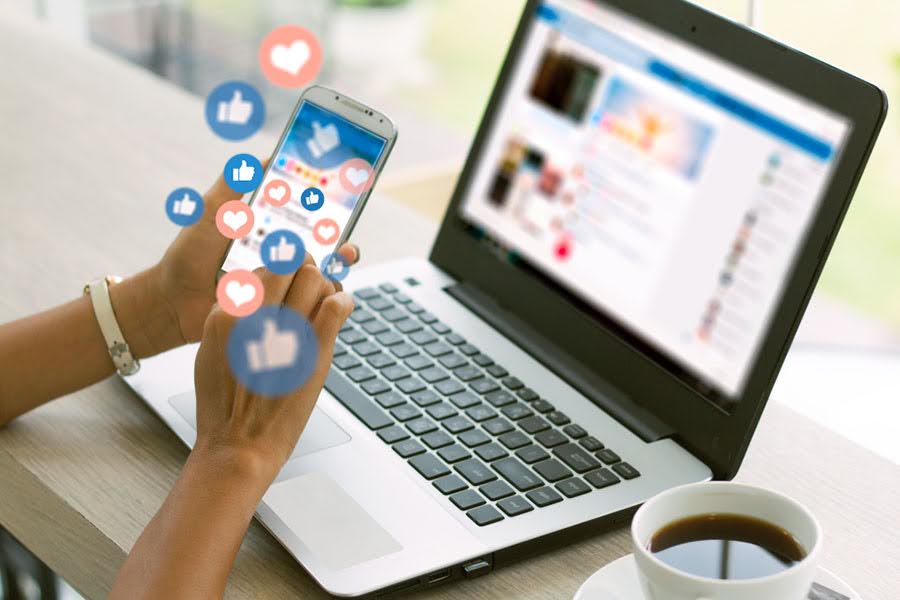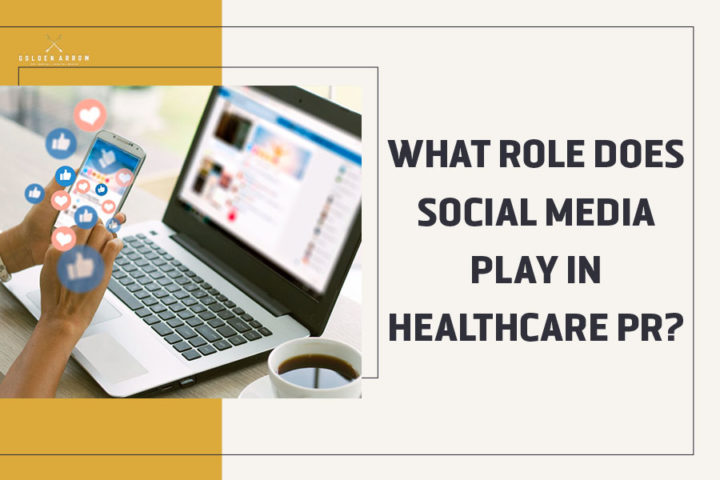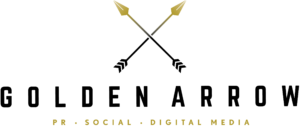In an era of digital connectivity and information exchange, social media plays a significant role in health public relations (PR). Social media has definitely revolutionized the way people communicate, connect, and even access information for daily use. But what about healthcare? What role does social media play in healthcare PR, and does it provide effective ways for patients to access information easily?
Social media healthcare has different roles and responsibilities; luckily, we will explain everything below!
Let’s look over each role in more detail.

What Role Does Social Media Play in Healthcare PR
Over the past decade, with social media being on the rise, healthcare providers have found a new, faster, and more effective way to share health information, treatments, and preventative measures.
Now, people can find help, support, or even stay informed about the newest inventions in the healthcare system, all through social media. More specifically, PR in the healthcare industry may provide patients with a completely different platform aside from the ones that surged in the past decade (Facebook, Twitter, Instagram), helping people connect and share experiences for similar health conditions.
Wider Reach and Engagement
By using social media to build your brand, we can say it allows PR agencies like ourselves to engage with a huge and diverse audience. It also serves as a two-way channel, encouraging interaction and feedback. More specifically, social media allows patients to connect with others who have similar health conditions through online queries or support groups for emotional support.
Moreover, good healthcare PR promotes a healthy lifestyle by providing advice on proper nutrition, and exercise, and conducting campaigns to raise awareness about certain health problems.
Trying to reach a wider audience, health professionals use social media to provide real-time updates on health-related topics. In a recently conducted research, 76.1% of the participants turned to social media in search of healthcare-related topics associated with their condition. The vast percentage of people turning to social media for anything health-related emphasizes the role of good healthcare PR in social media.
By appearing in the social media feed, organizations can give advice, post information, and mention other healthcare facilities to get everyone involved.
Building Trust and Credibility
A good healthcare PR through social media brands helps organizations and other healthcare facilities build trust and credibility among a vast number of people. Everyone needs healthcare, and through good PR, you can make your facility visible to people who wouldn’t otherwise consider coming to you for help.
Healthcare organizations can use social media to add a personal touch to their brand by sharing the stories and experiences of the people behind healthcare services. This helps build trust and rapport with the community. By sharing testimonials and stories from patients, healthcare PR helps health organizations to show their positive impact on people’s lives.
Real-Time Communication
While PR was used to inform the masses about times of crisis, such as in disease outbreaks or natural disasters, through news publications, now it spans channels and social platforms. By using social media as the primary source of delivering information, healthcare PR provides people with direction and help with problem-solving to reduce confusion and anxiety.
But besides informing individuals regarding disease outbreaks, healthcare PR has another role when it comes to real-time communication. Patients can stay informed about the surrounding health problems, seek advice, and even schedule appointments through social media outlets.

Cost-Effective Marketing
Healthcare organizations often have a limited budget, which makes traditional advertising methods expensive. However, social media platforms provide a cost-effective alternative. They offer a way for healthcare organizations to reach a broader audience without incurring the significant costs of traditional advertising.
Regarding advertising, social media serves as a platform for content marketing. An effective PR can utilize social media by creating informative content, such as articles, videos, and infographics, to educate and engage their audience. This approach helps establish the organization as a valuable source of healthcare information, enhancing the facility’s reputation.
By establishing a social media presence, healthcare organizations can build a community of followers and supporters. This community can be easily cultivated without significant cost and can serve as a loyal audience for future marketing efforts. This advantage is particularly useful for healthcare organizations with limited marketing budgets, as it allows them to maximize their impact and effectively promote their services.
Branding
In the healthcare industry, branding is of utmost importance. Social media provides a dynamic platform for healthcare organizations to establish and reinforce their brand presence.
Branding on social media in the healthcare industry is about more than just creating a recognizable logo or slogan; it’s about shaping the organization’s identity and reputation. A strong and positive brand presence enhances trust, fosters credibility, and reinforces the organization. It’s a powerful tool for standing out in a crowded healthcare landscape and making a lasting, positive impression on patients and the public.
Digital marketing strategies
Social media advertising is a powerful tool for healthcare organizations. It allows them to target specific audiences with precision. It is an essential component of digital marketing strategies in the healthcare industry.
Besides healthcare promotion, content marketing can educate and engage, establishing credibility. Social media platforms provide data analysis tools that allow healthcare organizations to measure the effectiveness of their public relations efforts. These insights help refine their strategies and adapt to the changing audience needs.
Advantages and Disadvantages of social media in healthcare
Social media in healthcare has both advantages and disadvantages.
It offers a range of benefits such as:
- Rapid dissemination of information
- Increased patient engagement and empowerment
- Effective marketing and outreach
- Enhanced crisis management
- Improved brand presence and reputation management
But there are also certain risks associated with social media in healthcare
- They include spreading misinformation
- Concerns over patient data security and privacy
- Difficulties in maintaining professional boundaries on social media
- Manage negative feedback and public criticism
- Manage legal and regulatory compliance issues
For instance, the upside of choosing our company is that we are devoted to making your brand soar. We approach with unique, modern, and sophisticated solutions when developing our PR strategies. With over 50 years of experience, we are all about building your brand while keeping your target audience informed about everything health-related by adapting the medical jargon to the audience’s knowledge of healthcare.

Conclusion
Now that you know what role does social media play in healthcare PR, we can safely say that social media is, and shall remain, a critical component of healthcare public relations (PR). Since it is an effective medium for participation, education, and communication, it enables healthcare businesses to manage their reputation, establish connections with patients, and distribute critical health information.


